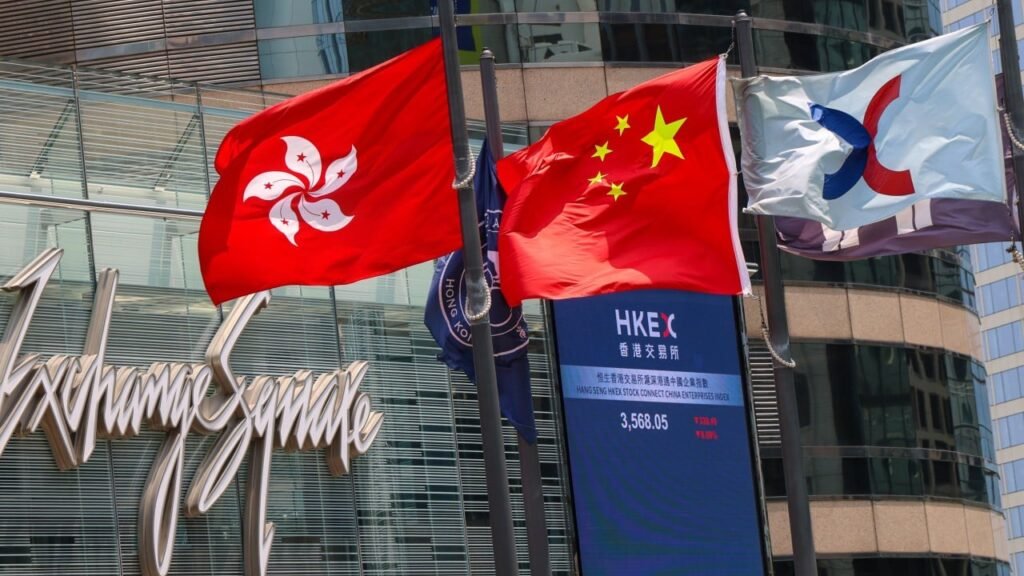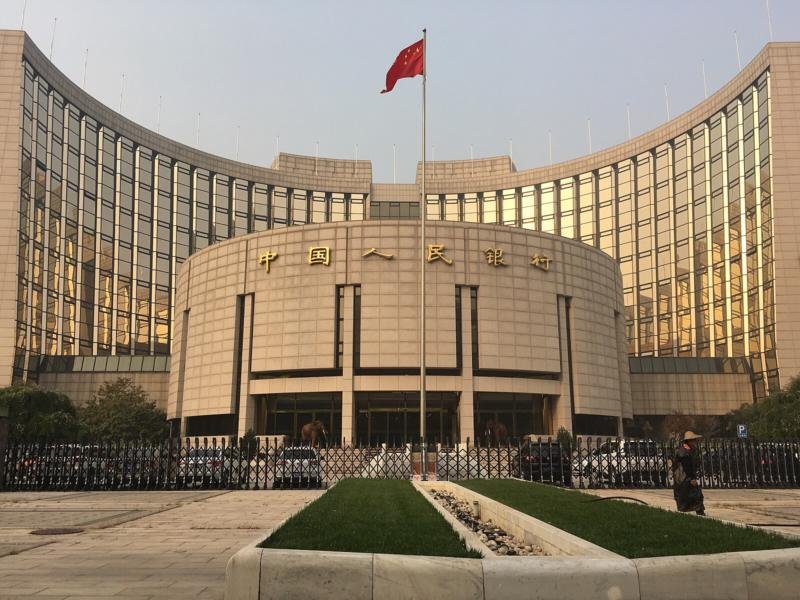Saudi vision, Hong Kong talent: a blueprint for the digital century

For decades, the bedrock of global economic power was simple: It lay beneath the earth. Nations blessed with vast reserves of oil and gas held the keys to prosperity. But as we accelerate into the digital century, a new, more potent currency of innovation is emerging — one that is not extracted from the ground, but cultivated in the mind. That currency is talent.
Nowhere is this paradigm shift more vividly illustrated than in the burgeoning partnership between Saudi Arabia and the Hong Kong special administrative region of the People’s Republic of China. Their collaboration is more than a bilateral agreement; it is a live case study in how economies built on resources and economies built on human capital can converge to define the future of fintech.
Historically, these two regions have represented opposing models of economic prosperity. Saudi Arabia’s wealth has been powerfully driven by its subterranean assets, with energy long accounting for the lion’s share of its national economy. Hong Kong, by stark contrast, possesses virtually no natural resources. Its enduring success is built on its strategic port, agile governance and, most critically, deep reservoir of human talent. This commitment to cultivating intellect is evident in its educational landscape; the city is home to the world’s highest concentration of elite universities, a remarkable 56 percent of its government-funded universities consistently ranked within the world’s top 100. This robust foundation, in turn, makes Hong Kong a powerful magnet for international professionals, who are drawn to its dynamic ecosystem, bringing with them cutting-edge skills and innovative thinking. Consequently, for Hong Kong, talent is not merely an asset; it’s the very bedrock of its existence.
Today, a powerful common ambition bridges this historical divide: a determined pivot toward a digital future, with fintech at its core. Saudi Arabia, with one of the world’s youngest populations, possesses a demographic dividend of digital natives — a generation unencumbered by legacy financial systems and eager to adopt new technologies. Hong Kong offers a mature, deeply sophisticated financial ecosystem, with decades of experience in digital transformation and global connectivity. This is exemplified by its leadership in pioneering initiatives like Project mBridge, a multi-central bank digital currency platform built on blockchain. The project gained further momentum when the Saudi Central Bank joined in 2024, connecting the Kingdom directly to this global network.
By fusing Saudi Arabia’s dynamic market and visionary ambition with Hong Kong’s deep expertise and talent-centric model, this partnership can do more than just drive bilateral growth.
Hui Kai-Lung
The synergy is clear, but for Saudi Arabia to fully leverage this partnership, it must look beyond mere market access. The true value lies in systematically adopting and adapting the Hong Kong playbook for talent cultivation. Hong Kong’s experience provides a masterclass in creating a virtuous cycle where education, industry, and regulation converge to produce a world-leading fintech workforce. This is how the Kingdom can harness these lessons:
First, integrate academia with industry from Day 1. Hong Kong’s institutions, like the Hong Kong University of Science and Technology and the University of Hong Kong, are not isolated ivory towers; they are innovation powerhouses with deep, operational ties to the financial sector. Saudi Arabia is already making strides, with institutions like the King Fahd University of Petroleum and Minerals collaborating with HKUST. The next step is to scale this model, embedding real-world fintech challenges directly into the curriculum. Imagine “fintech sandboxes” within Saudi universities, where students build and test solutions in partnership with local banks and international fintechs, turning theoretical knowledge into deployable skills before graduation.
Second, become a global talent magnet, not just a developer. Hong Kong’s success is built on its openness. It does not just train its own; it aggressively attracts the world’s best. For Saudi Arabia, this means doubling down on regulatory liberalization and creating an unparalleled quality of life to draw top-tier international fintech entrepreneurs, engineers, and product managers. The goal should be to make Riyadh and the broader King Abdullah Financial District as irresistible to a software engineer from Silicon Valley or a quantitative analyst from London as Hong Kong has been for decades. This influx of diverse perspectives is the catalyst for breakthrough innovation.
Third, foster a regulatory environment that encourages experimentation. Hong Kong’s regulatory bodies have mastered the delicate balance between prudent oversight and fostering innovation through initiatives such as the Fintech Supervisory Sandbox. Saudi Arabia’s regulators must similarly evolve from gatekeepers to enablers. By providing clear, flexible guidelines that allow new ideas to be tested in a controlled environment, they can build confidence and accelerate the journey from concept to market. This proactive approach will signal to the global fintech community that the Kingdom is not just open for business but is a committed partner in innovation.
We are already seeing the green shoots of this collaborative model. The success of companies like Meituan, which leveraged its operational experience from Hong Kong to capture significant market share in Saudi Arabia, is a powerful proof of concept. Building on this momentum, HKUST Business School is working with Saudi Aramco and the Financial Academy to develop executive and academic programs focused on digital transformation, cybersecurity, and business management — helping to strengthen the Kingdom’s local talent base. The aim is not to replicate Hong Kong’s model, but to foster a fintech ecosystem that reflects Saudi Arabia’s own priorities, informed by international expertise.
In the final analysis, the digital economy is a human economy. Oil reserves deplete, but human creativity is a renewable resource. The Hong Kong-Saudi Arabia corridor demonstrates that the future of fintech will not be won by the nation with the most resources, but by the one that best cultivates, attracts, and empowers its people. By fusing Saudi Arabia’s dynamic market and visionary ambition with Hong Kong’s deep expertise and talent-centric model, this partnership can do more than just drive bilateral growth. It can establish a new global standard for cross-border innovation, proving conclusively that in the 21st century, the most valuable currency is, and will always be, talent.
• Prof. Hui Kai-Lung is acting dean of Business and Management at the HKUST Business School.
Disclaimer: Views expressed by writers in this section are their own and do not necessarily reflect Arab News’ point of view








